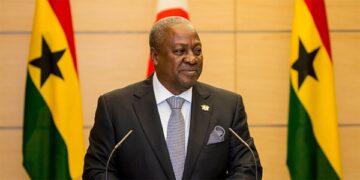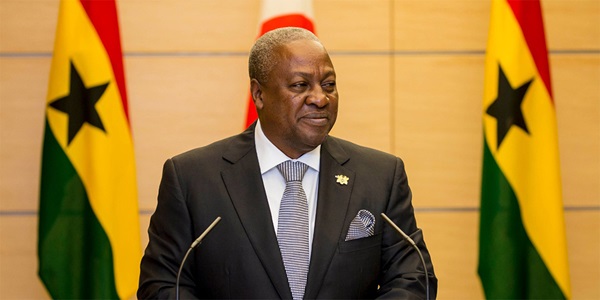Economist Patrick Asuming has expressed support for President-elect John Dramani Mahama’s plan to renegotiate Ghana’s IMF agreement, describing it as a positive step for the nation’s economic recovery.
Speaking on ABC in the Morning, Asuming said, “I think it is something that is good and should be embraced, at least based on what the President-elect has put out.”
Asuming highlighted the potential benefits of renegotiating the IMF deal, particularly in addressing Ghana’s significant debt challenges. “Obviously, the IMF wouldn’t want to change the program in a way that increases the debt position,” he explained.
However, he noted that the IMF might be open to innovative fiscal strategies aimed at enhancing consolidation efforts.
“This approach could improve the debt situation and provide clarity on how the program is implemented,” he added.
Caution on Tax Removal
While discussing President-elect Mahama’s campaign proposals, Asuming advised caution regarding tax removal. He supported the immediate repeal of the controversial e-levy, stating, “The e-levy should go right away. At the first budget, it should go.”
However, he urged Mahama to delay removing other taxes until alternative revenue collection measures are in place. “The President-elect should be more cautious about removing the other taxes until he has found different ways of improving revenue collection,” he advised, emphasizing that reducing wasteful expenditure could save more money than some taxes generate.
Mahama’s Approach to Economic Recovery
Mahama has pledged to renegotiate Ghana’s $3 billion Extended Credit Facility with the IMF and other agreements with development partners. His goal is to align these programs with Ghana’s current economic realities and development objectives.
In a prior statement, Mahama acknowledged the challenges of returning the country to economic stability but expressed optimism about his administration’s ability to meet public expectations. “I don’t kid myself that it will be an easy task; it’s going to be tough,” he said, while reiterating his commitment to working with stakeholders to rebuild the economy.
The IMF, in response, has emphasized its willingness to support Ghana’s economic recovery, provided the core objectives of the reform program—macroeconomic stability, debt sustainability, and inclusive growth—remain intact.
With these efforts, Ghana may chart a new course in addressing its debt and structural economic challenges. However, the success of Mahama’s strategy will depend on careful negotiation and prudent fiscal management.

































